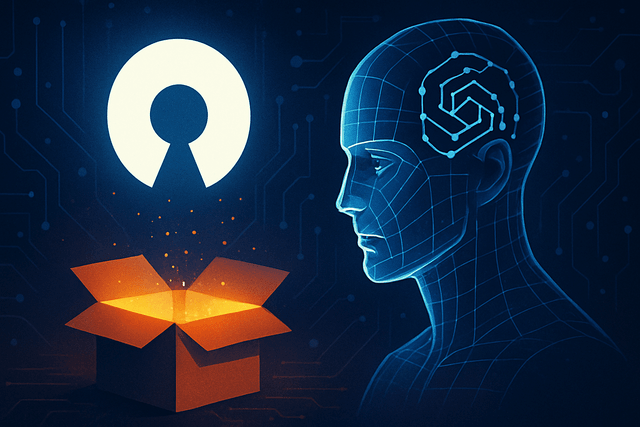OpenAI has once again delayed the release of its open source AI model, pushing back what would have been the company's first freely downloadable model since GPT-2 in 2019.
CEO Sam Altman announced on July 12 that the company needs "time to run additional safety tests and review high-risk areas" before releasing the model to the public. This marks the second postponement after an initial delay in June, when Altman hinted the team had achieved something "unexpected and quite amazing" that would be "very worth the wait."
The stakes are particularly high for this release, as open-weights models cannot be easily recalled once published. "While we trust the community will build great things with this model, once weights are out, they can't be pulled back. This is new for us and we want to get it right," Altman explained on social media.
According to industry reports, OpenAI's open model is expected to have reasoning capabilities similar to the company's o-series models and was designed to be best-in-class compared to other open alternatives. The company had planned to make it available through various cloud platforms including Azure and Hugging Face, allowing developers to run it locally or integrate it into their products.
The delay comes amid intensifying competition in the open source AI space. Just one day before OpenAI's announcement, Chinese startup Moonshot AI launched Kimi K2, a one-trillion-parameter open AI model that reportedly outperforms OpenAI's GPT-4.1 on several coding benchmarks. Earlier this year, DeepSeek shook the industry with its R1 model, which demonstrated comparable performance to proprietary models at a fraction of the development cost.
For OpenAI, the open model release represents a strategic pivot. Despite its name, the company has primarily focused on closed-source models in recent years. Industry analysts suggest the move toward open source is partly in response to growing enterprise demand for flexible AI solutions that can run across different platforms and environments.

